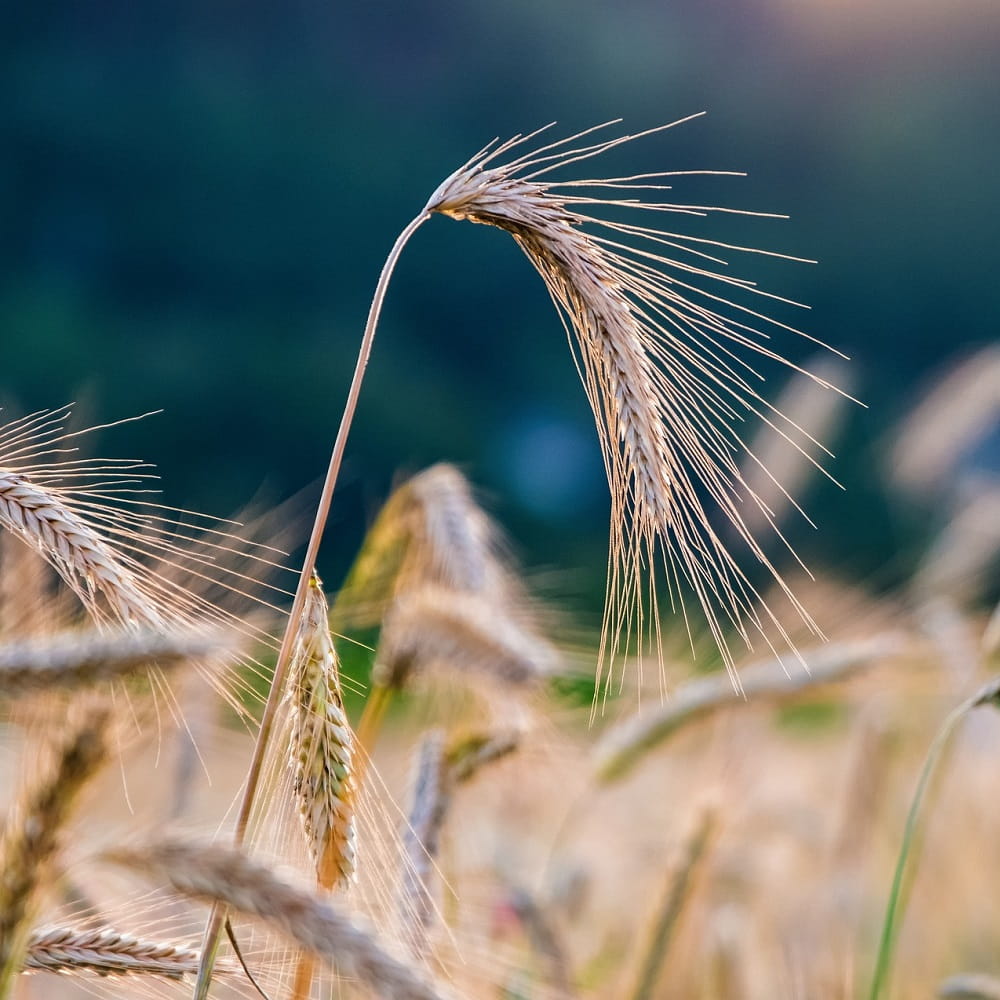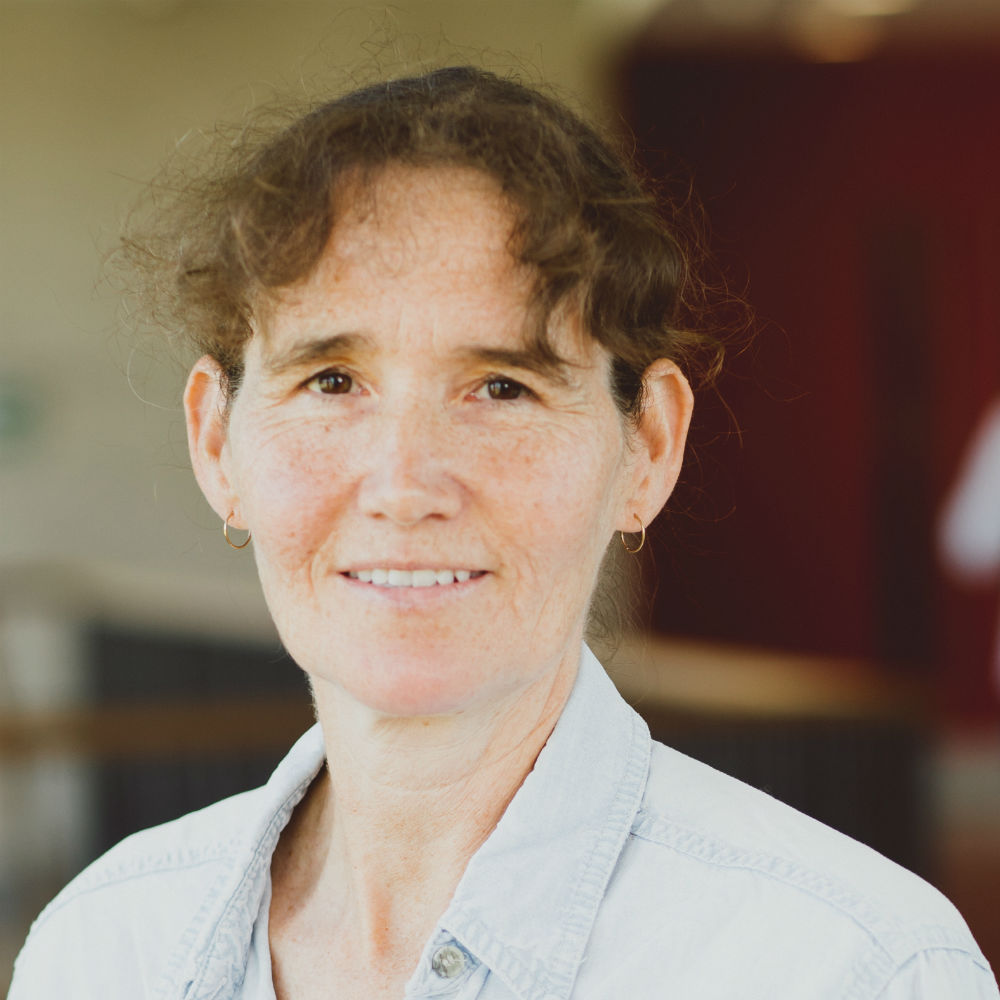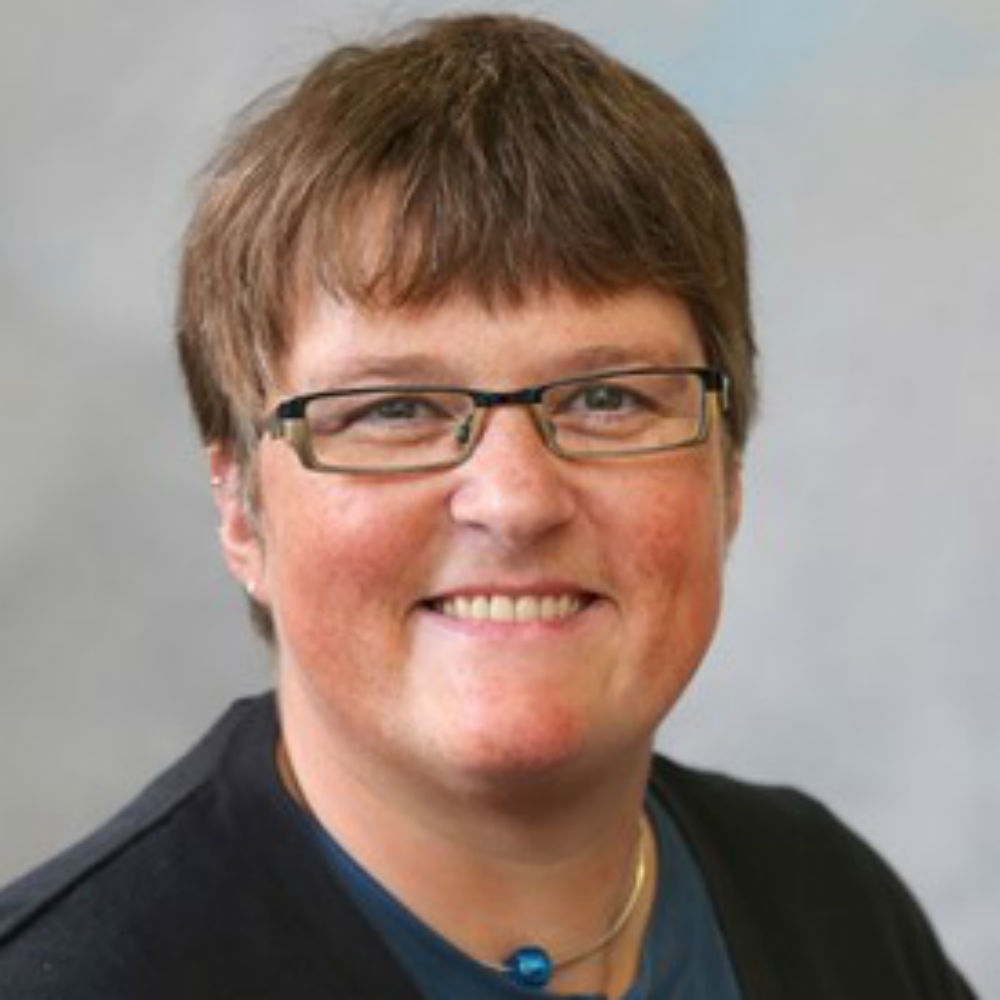As part of the Realizing Increased Photosynthetic Efficiency (RIPE), headquartered at the University of Illinois Urbana-Champaign, a team of researchers from the School of Life Sciences is working on RuBP regeneration.
Overview
Plants grow by converting sunlight, carbon dioxide, and water into energy. As the world population grows, the need to produce enough food for all, and ensure access to that food, has increased.
However, at the same time, climate change creates increasingly challenging growth environments (droughts, floods, desertification). Plant scientists find ways to improve plant photosynthesis so that enough food can be grown in a changing climate.
The aim of the RIPE project is to improve plant photosynthesis to increase yields and access to food to reduce the risk of world hunger and famine.
RuBP Regeneration
A team of plant scientists from the University of Essex is focusing their research on RuBP Regeneration in the Calvin Benson cycle.
Plants contain an enzyme called Rubisco, which is essential for photosynthesis as it is the first reaction in the Calvin Benson cycle, where carbon dioxide is taken from the atmosphere and fixed onto a sugar called “ribulose bisphosphate” (RuBP).
The plant then breaks down RuBP to create phosphoglycerate (PGA). Plants use PGA to produce sugar, which feeds the plant itself, but plants also need to use PGA to regenerate more RuBP and thus promote further growth.
The regeneration of RuBP from PGA can be disrupted by some aspects of our changing climate, meaning climate change could slow plant growth, making it harder to produce food worldwide.
The RIPE project aims to improve the ability of plants to regenerate RuBP to mitigate against the risks posed by our changing climate by making the RuBP cycle more resilient and improving the efficiency of the sugar production process. These improvements will in turn increase crop growth and productivity.
Learn more about RIPE
Funding
The RIPE project is funded by the Gates Foundation, the Foundation for Food & Agriculture Research (FFAR), and the UK Foreign, Commonwealth & Development Office.
Partners
The RuBP Regeneration strand is run in collaboration with the following partner institutions:
- Australia National University
- University of Illinois Urbana-Champaign
Contributions to other projects
Along with working on the RuBP strand of the RIPE project, several University of Essex staff are contributing to other project strands:
Related papers
- Raines, CA., (2022). Improving plant productivity by re‐tuning the regeneration of RuBP in the Calvin Benson Bassham Cycle. New Phytologist. 236 (2), 350-356
- Lopez-Calcagno, PE., Brown, KL., Simkin, AJ., Fisk, SJ., Vialet-Chabrand, S., Lawson, T. and Raines, C., (2020). Stimulating photosynthetic processes increases productivity and water use efficiency in the field. Nature Plants. 6 (8), 1054-1063
- Simkin, AJ., López-Calcagno, PE. and Raines, CA., (2019). Feeding the world: improving photosynthetic efficiency for sustainable crop production. Journal of Experimental Botany. 70 (4), 1119-1140











